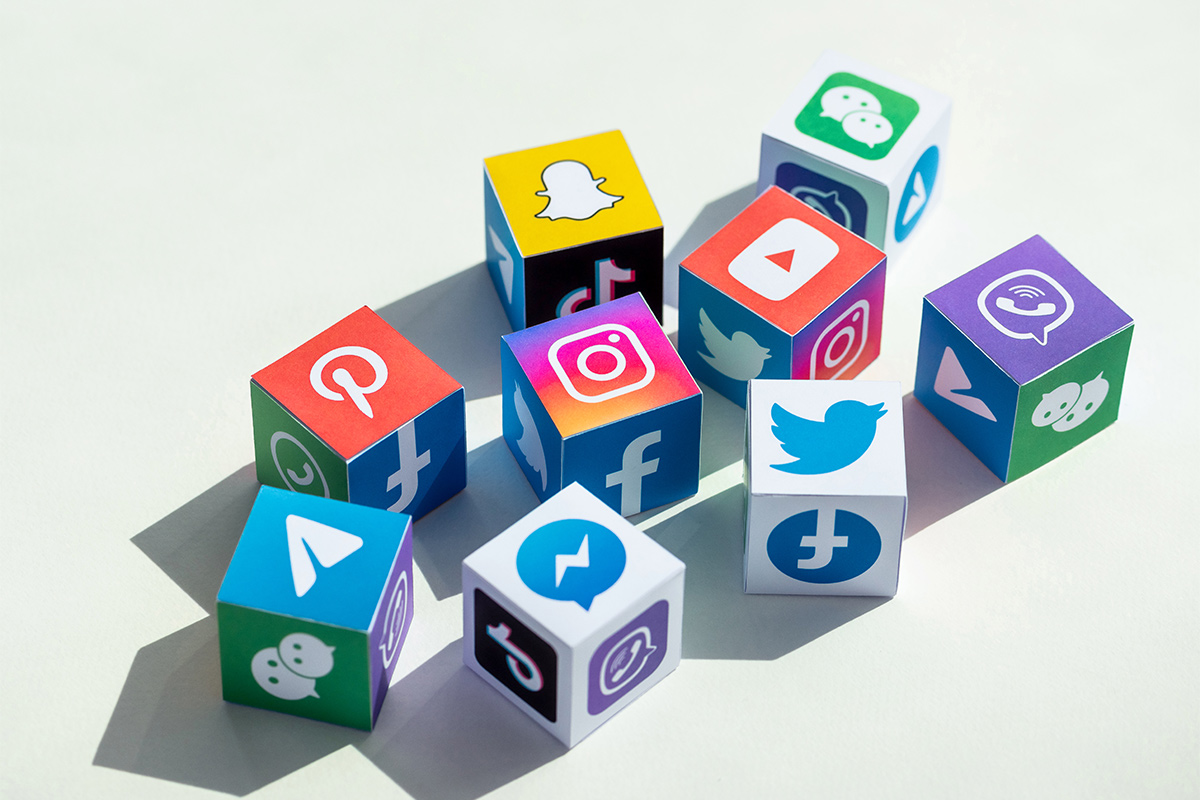What to consider before taking the leap of faith?
An incomparable popularity on social media platforms has made adventure sports most desirable among people.
The officer shall take decision on every grievance received by it within 15 days.

(Photo: iStock)
As the Union government on Thursday notified the new rules for social media intermediaries, the platforms will have to remove offending content within 36 hours after a government directive or a legal order.
Such an action would be taken in case of an unlawful information, which is prohibited under any law for the time being in force in relation to the interest of the sovereignty and integrity of India, security of the state, friendly relations with foreign states, and public order, among others.
Advertisement
“Provided further that if any such information is hosted, stored or published, the intermediary shall remove or disable access to that information, as early as possible, but in no case later than 36 hours from the receipt of the court order or on being notified by the appropriate government or its agency, as the case may be,” read a notification.
Advertisement
Further, significant social media intermediaries as classified under the new norms providing services primarily in the nature of messaging shall enable identification of the originator of such information.
Social media platforms will be classified under two categories – social media intermediaries and significant social media intermediaries – with the latter being subject to greater obligations.
The Information Technology (Intermediary Guidelines and Digital Media Ethics Code) Rules 2021 mandate that the intermediaries, including social media intermediaries, must establish a grievance redressal mechanism for receiving/resolving complaints from the users or victims.
The intermediaries will have to appoint a grievance officer to deal with such complaints and share the name and contact details of such officer. The grievance officer shall acknowledge the complaint within 24 hours and resolve it within 15 days from its receipt, said an official statement.
Further, under the Code of Ethics for OTT and digital media, the government has set up three-level grievance redressal mechanism with different levels of self-regulation. The levels are self-regulation by the publishers, self-regulation by the self-regulating bodies of the publishers, and oversight mechanism and self-classification of content.
The officer shall take decision on every grievance received by it within 15 days.
There may be one or more self-regulatory bodies of publishers. Such a body shall be headed by a retired judge of the Supreme Court, high court or an independent eminent person and will not have more than six members. Such a body will have to register with the Ministry of Information and Broadcasting.
This body will oversee the adherence by the publisher to the Code of Ethics and address grievances that have not be been resolved by the publisher within 15 days.
Legal and policy experts have said that the rules will empower the police and the enforcement agencies, while the “traceability” requirement may make it tough for some platforms to provide their services in India.
“The new rules mandate the appointment of a chief compliance officer, nodal contact person and resident grievance officer by significant social media intermediaries in India,” said advocate Virag Gupta, who is arguing K.N. Govindacharya’s matter before the Delhi High Court for disclosure of details of designated officers of social media companies.
Advertisement